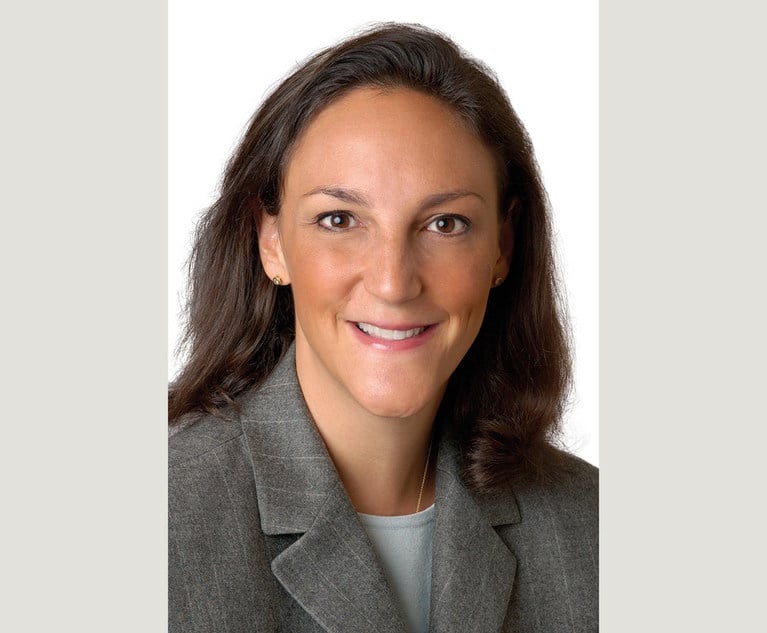Striving against discrimination and limiting its pernicious effects are fundamental to promoting liberty. But so is allowing individuals to enjoy freedom in their personal lives. The clash of these concepts requires careful balancing both in enacting statutes and in adjudicating their effects on experienced reality.
Recently, the U.S. Supreme Court decided the question of balance but on the basis of stipulated hypothetical statements rather than on facts. The court stated the issue as: “[w]hether applying a public-accommodation law to compel an artist to speak or stay silent violates the Free Speech Clause of the First Amendment.” 303 Creative LLC v. Elenis, 142 S. Ct. 1106 (Feb. 22, 2022), decided, 142 S. Ct. ___ (Jun. 30, 2023). However, rather than balancing the competing interests, the 6-3 majority gave primacy to its reading of the Free Speech Clause while rejecting the lower courts’ consideration of the interests Colorado sought to protect via its anti-discrimination laws.
This content has been archived. It is available through our partners, LexisNexis® and Bloomberg Law.
To view this content, please continue to their sites.
Not a Lexis Subscriber?
Subscribe Now
Not a Bloomberg Law Subscriber?
Subscribe Now
LexisNexis® and Bloomberg Law are third party online distributors of the broad collection of current and archived versions of ALM's legal news publications. LexisNexis® and Bloomberg Law customers are able to access and use ALM's content, including content from the National Law Journal, The American Lawyer, Legaltech News, The New York Law Journal, and Corporate Counsel, as well as other sources of legal information.
For questions call 1-877-256-2472 or contact us at [email protected]







